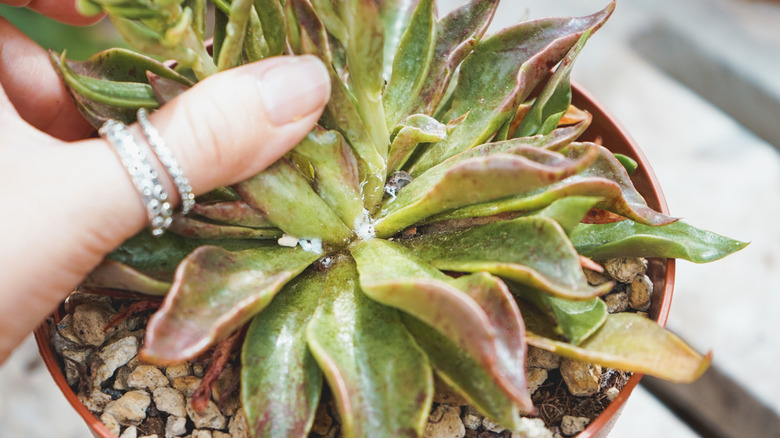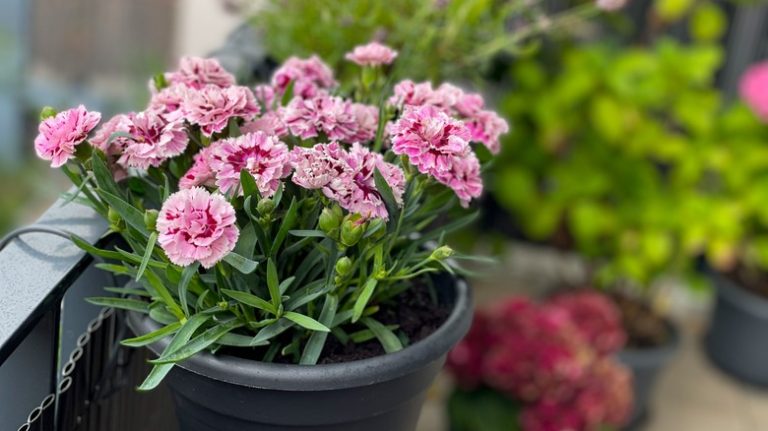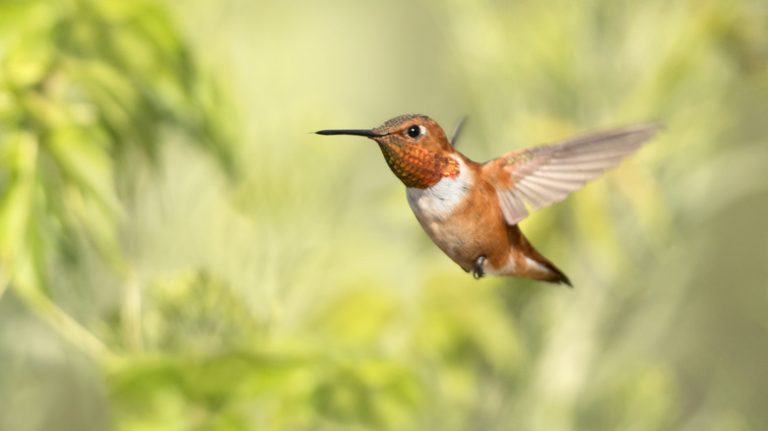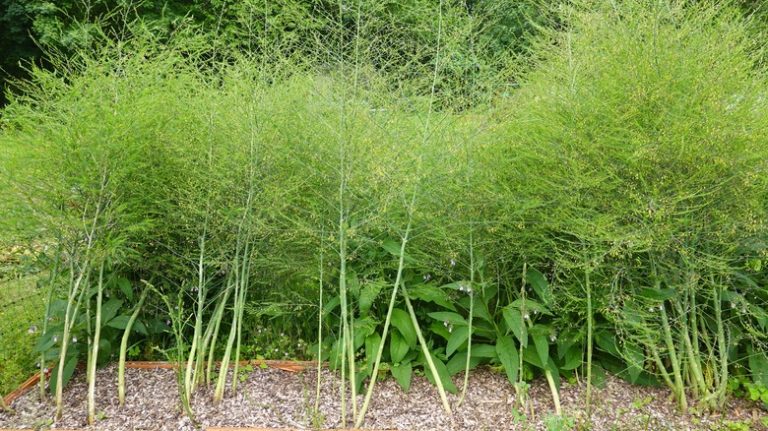An infestation of mealybugs on your plants can appear seemingly overnight. These tiny insects are related to aphids and when they decide to show up, they usually bring a lot of friends. One mealybug is a fraction of a centimeter, so you probably wouldn’t notice it. When they start to form clumps, they look like fuzzy wads of fiber. At this point, you already have an infestation, and the longer you wait to deal with it, the more damage they will do to your plants. Thankfully, your kitchen probably already has what you need to fight off these nasty buggers: baking soda.
Mealybugs can affect indoor and outdoor plants. In the garden, these tiny insects can travel by wind or hitch a ride on your shoes or clothes. Mealybug infestations are also a difficult problem for plant nurseries to manage, so that new houseplant or herb you just bought may have a few critters hidden away. Once you bring an affected plant home, they can spread rapidly because each female can produce up to 600 eggs.
Managing mealy bugs
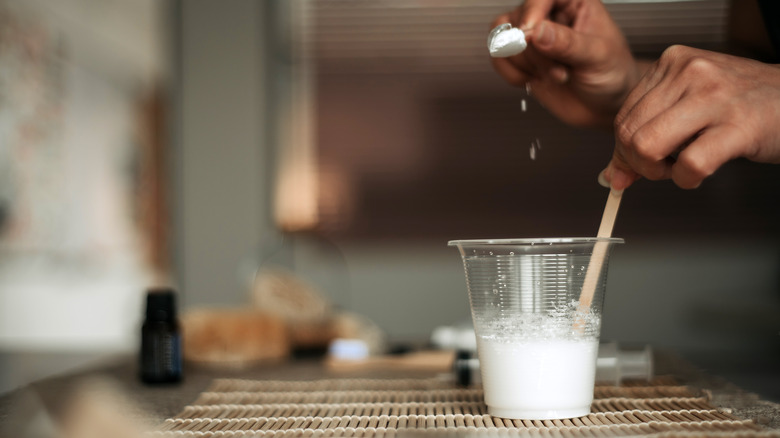
Once you see that tale-tell sign of fuzzy clumps of mealy bugs on your plants, grab your baking soda and some water. Make a paste by adding just enough water to your baking soda so that it has a glue-like texture. It won’t be very effective at killing the infestation if it’s too watery, but if it’s too dry it will just fall off into the soil. This could actually be beneficial, as some plants like baking soda, but it won’t solve your mealybug problem. Think of this process as an artist with thick paint, except the paint is baking soda slurry and your canvas is your affected plant.
You can apply the baking soda mixture with your hands or use a small paint brush, which will help you apply the slurry to those tight nooks where mealybugs like to accumulate. Cover the clumps of insects with a thick layer of paste. Some of the insects will be suffocated, while the baking soda will prevent females from laying eggs. It may take a few applications, but this kitchen staple will certainly aid in your attack against munching mealybugs.

